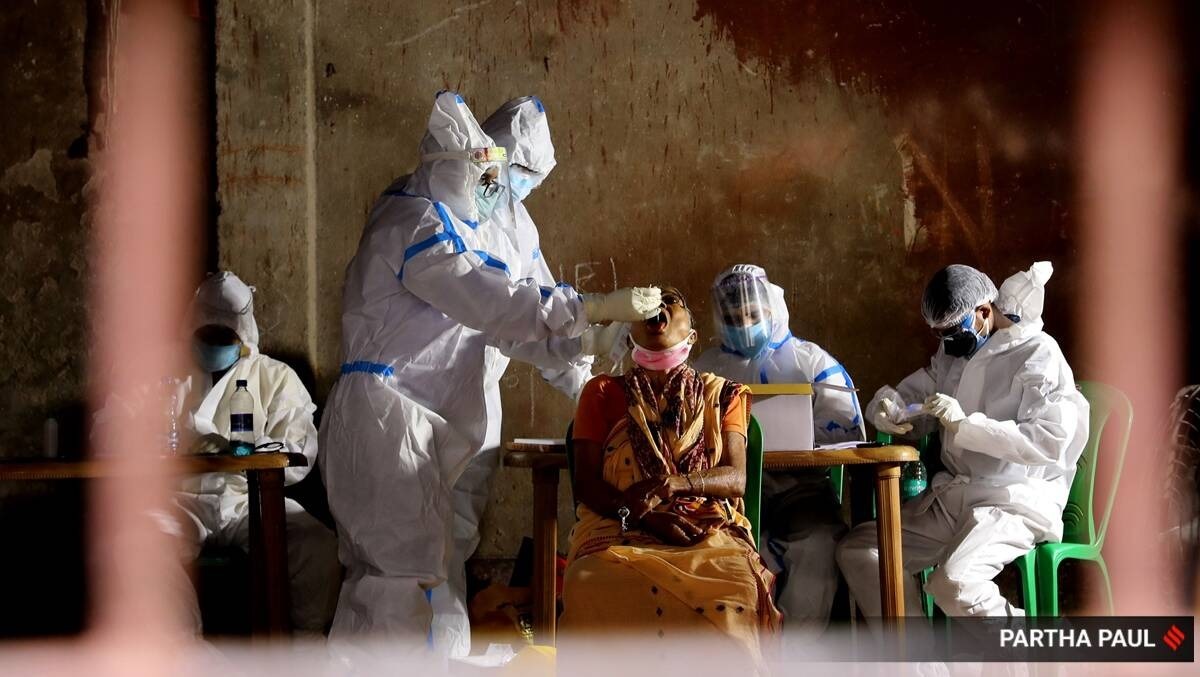 The lowest number of daily Covid cases — 96 — was recorded on January 27, the lowest since April. (File)
The lowest number of daily Covid cases — 96 — was recorded on January 27, the lowest since April. (File) Over the past one month, Delhi has been witnessing a continuous decline in the daily number of Covid-19 cases and deaths, and the positivity rate dropping as low as 0.19%. Coupled with a low mortality rate of 3.30%, the dip has bolstered the city’s fight against the disease.
Between January 7 and February 7, the city recorded 7,683 cases and 254 deaths, the lowest since the last few months. On an average, the city has reported eight deaths per day over the last one month. The lowest number of daily Covid cases — 96 — was recorded on January 27, the lowest since April.
In the last one month, the city administration has made several changes in the Covid-related activities by reducing the number of Covid-19 beds in hospitals and making up more space for the non-Covid patients. Schools in the city, which has been lying shut for more than nine months, are also gradually opening up.
Dr S K Sarin, head of the Institute of Liver and Biliary Sciences (ILBS) who has been closely monitoring the Covid-19 situation in Delhi, said that the next six months are crucial and needs to be monitored well. “The dip in the number of cases is because of the natural course of the virus. The natural decline of the curve was earlier anticipated in November but due to the festive season and people’s behaviour, it got delayed… At the current speed, we will require at least six more months to achieve the desired vaccination and immunisation. To achieve the antibodies at immunisation level, we require a minimum of six months.”
On January 16, the country-wide mass immunisation programme for Covid-19 vaccine had begun and so far, Delhi has vaccinated 1,09,589 healthcare and frontline workers, as per the data shared by the Ministry of Health and Family Welfare.
Dr Sunila Garg, director, professor of the department of community medicine at Maulana Azad Medical College (MAMC), said, “The city should continue with the containment strategy but at the same time, we should also concentrate on the daily cases… Our strategy should be focused on the vaccine, but we should not lose sight of testing, treating and isolation… We need to also look at the serological surveillance but the message should not be focused on herd immunity, which will come only with the vaccine… We should get over the vaccine hesitancy and motivate people to take the shot.”
The recent serological survey conducted by the Delhi government showed that 56% of those who were surveyed had developed antibodies against the virus.
“We still have a huge gap between the number of people who are sero positive and that which is likely to fetch the benefits of herd immunity… Logic says vaccination will give a boost to those who already have antibodies,” said Dr Sarin.